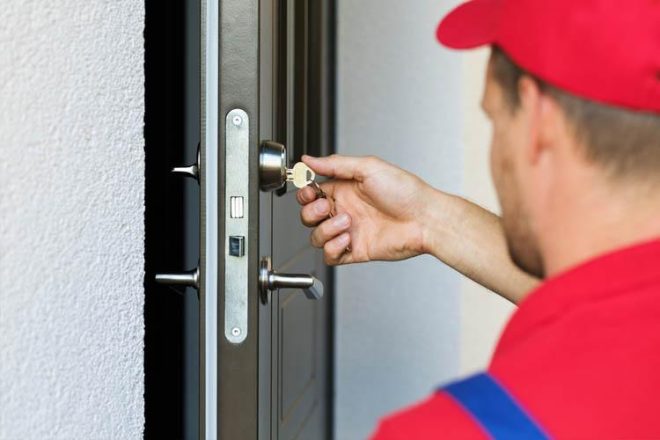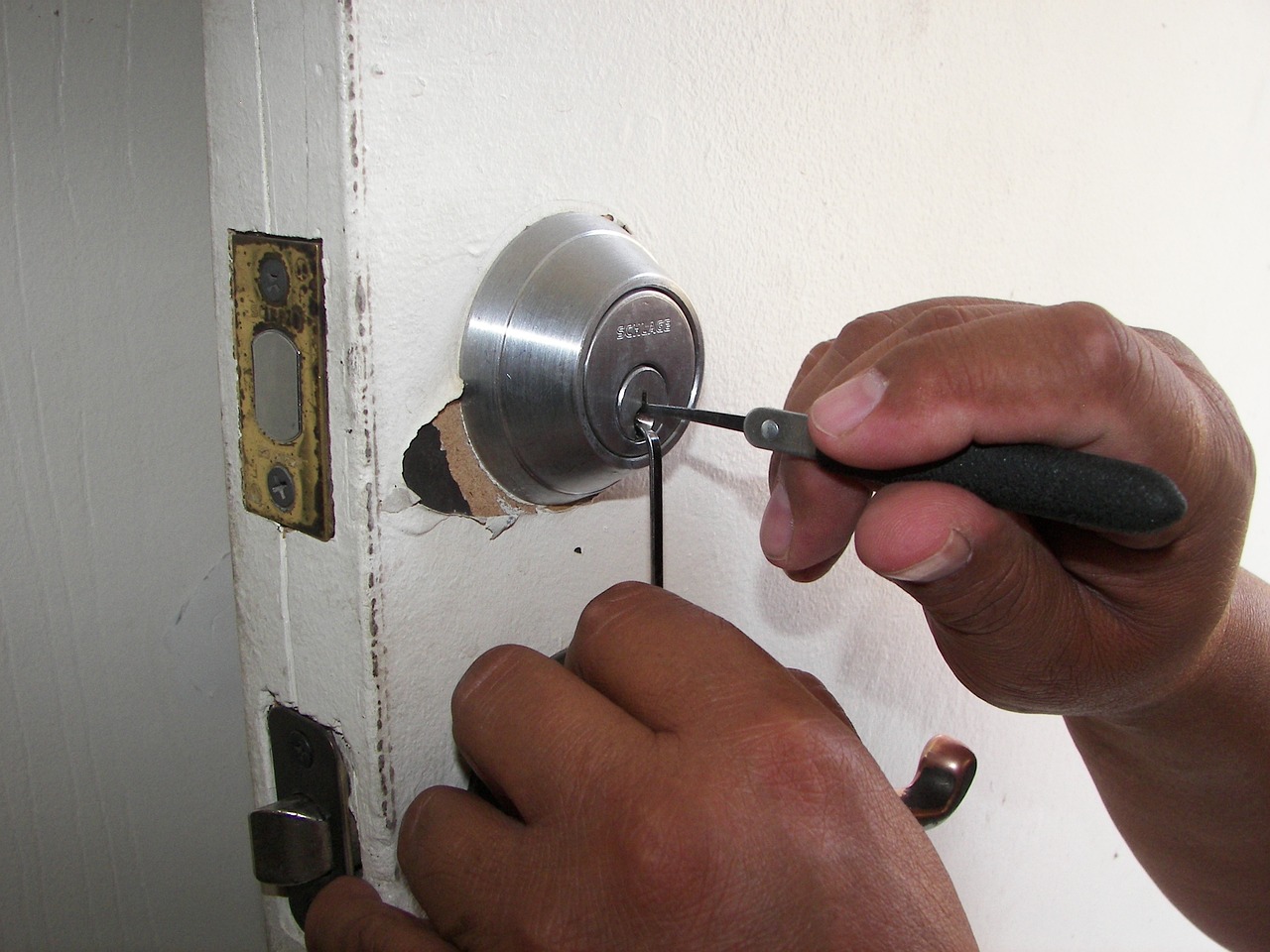Locksmiths can replace locks, make replacement keys, rekey locks, and perform other lock-related services. They can also repair locks without breaking them, and may be able to do so for less than replacing the lock. Some locksmiths also offer these services under security system plan warranties.
File cabinets contain sensitive information and valuable assets, so ensuring restricted access is critical for business security. Licensed locksmiths can install cabinet locks and craft master key systems. They can also perform cabinet lockouts and repairs.
Residential
A Locksmith in Raleigh NC provides a range of residential services, including replacing or fixing locks. He or she can also help with doorknobs and security cameras. They can even make an assessment of your home’s safety and security. The locksmith will then provide recommendations on how to improve your security. The Locksmith in Raleigh NC will take the time to listen to your concerns and answer any questions you may have.
The state of North Carolina requires all locksmiths to have a license. In order to obtain a license, applicants must complete a criminal background check and have a clean record. Having a criminal history doesn’t necessarily disqualify you from getting a locksmith’s license, but it will influence the process. The board will consider factors like the severity of the crime, how long ago it was committed, and your efforts at rehabilitation.
A North Carolina licensed locksmith is required to display their license at their place of business and include it in their advertisements. They must also verify that their customer is the legal owner of a property before providing any locksmith services. However, a locksmith can be exempt from this requirement if they perform locksmith services for their own property or for free. They can also be exempt if they have a valid license in another state. They must also continue their education to maintain a license.
Commercial
Locksmith services are important for homeowners, as they can help protect their homes and families from burglars. They can install new locks on doors and windows, repair existing ones, and make duplicate keys for homeowners. They can also install deadbolts, which are the most effective type of lock for deterring burglars. In addition, they can rekey locks, which is cheaper than buying new ones, and it ensures that only the owner has access to the home.
A person who provides locksmith services in North Carolina must be licensed by the State Board of Locksmith Licensing. The license is valid for three years, and the board requires all locksmiths to pass an exam and have a criminal history check. However, a criminal record does not automatically disqualify a potential locksmith from getting a license, as the state considers various factors, including the seriousness of the crime, how long ago it occurred, and efforts at rehabilitation.
Anyone who wants to become a locksmith should first look for a trade school that offers courses in the field. Many community colleges, vocational schools, and trade associations offer such programs, but they are not always available in every city. Once a person has completed a trade school program, they can apply for a state license through the NC Locksmith Licensing Board. The board also requires applicants to pass a background check and fingerprinting process.
Automotive
Locksmiths who specialize in automotive locks have the skills and training to work with complex car security systems. These professionals can repair or replace your car’s ignition switch, door locks, key fobs, and more. They can also rekey your locks and help you retrieve lost keys. They can even install new locks for your home and business. These experts will provide you with instant solutions, and they have the field experience to deliver services in every nook and corner of Raleigh.
When choosing a locksmith, be sure to consider their licensing and insurance. Ask them to give you a receipt that includes the company name, local address, phone number and total cost of the service. This will prevent you from being overcharged. Also, avoid locksmiths that charge flat rates because they may be attempting to take advantage of you.
In addition to installing and repairing locks, locksmiths can also make copies of keys. This is especially useful when moving into a new building or if you’ve lost your keys. It’s also a good idea to get your locks rekeyed regularly, so that old keys won’t work on the door. This process involves tweaking the lock mechanism to make it useless for previous keys. It’s a cheaper alternative to replacing the entire lock. A locksmith can rekey your locks in minutes and can usually do it without damaging your door or frame.
File Cabinets
The files and papers that pile up can clutter a desk or other surface, but filing cabinets can help clear the way. They offer storage for multiple files, and some are designed to blend in with decor, making them a welcome addition to a home office or conference room. Some models also provide security for important documents.
File cabinets come in a variety of sizes and styles to suit any space. Smaller vertical files are great for homes or offices, while larger lateral models fit neatly against the wall. Some are on casters, making them easy to move out of the way when not in use. Some are even fireproof, providing protection in case of a disaster.
Some locks feature a key code, a number printed or stamped on the lock, or that can be looked up in a database. This allows a locksmith to originate a new key, bypassing the usual process of tracing another key. This can be a useful security measure for office furniture and some padlocks. Many automobile manufacturers also keep this key code on file for their vehicles, allowing them to look up the owner’s information quickly.
A professional locksmith can rekey a lock to change the key’s tumbler combinations. This is done to house locks when people move, divorce or are robbed, and it’s also common for businesses to have their keys rekeyed when an employee leaves or is fired.


